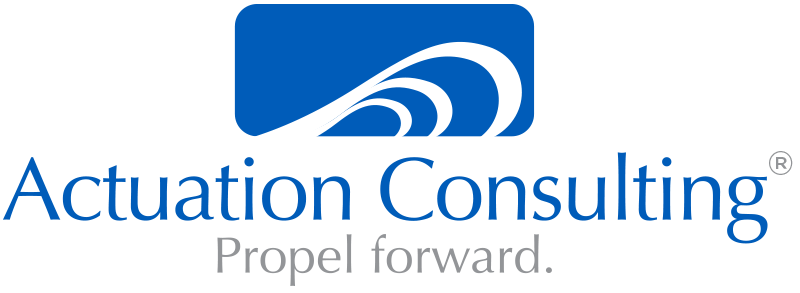Over the past several years, there has been a movement in the information technology industry to adopt better, faster, and cheaper ways to implement solutions. This movement is typically synonymous with Agile and Lean development methodologies. The movement has crossed over into the product development industry as well, as technology is being used to further advance customer-driven solutions. However, I’m finding more and more product development practitioners struggling to balance their efforts to create value, grow their products, execute consistently, as they also try to marry up Agile and Lean development with other product development methodologies and frameworks like Pragmatic and Phase Gate’s product lifecycle.
In addition, each methodology and framework seems to come with their own holy wars on which one is better, further confusing the situation. Although, I’ve been a practitioner of Agile methodologies since 2002, I consider myself methodology agnostic. I consider any methodology a process-tool to be used in combination with other process tools to achieve the desired results. However, my observations over the years are now starting to be solidified by recent survey data being published throughout the industry.
Specifically, over the past couple of years, Actuation Consulting has been running a survey based on determining the ideal factors that affect product team performance. The results from the survey indicate that, as more and more companies try to adopt Agile, they appear to be backing away from “pure” Agile and evolving into a more hybrid (Waterfall/Agile mix) approach to product development. The time and effort to figure this out can be costly as teams experiment with trial and error approaches to customizations.
Therefore, the goal of this blog post is twofold: One, I would like to discuss some of the data from the 2012 and 2013 survey’s that back up these claims and, two, I want to introduce what this new evolved methodology might look like. First some statistics from the respondents of the survey:
- Only 12% of global survey respondents report on time, on scope, on budget performance
- 28% of respondents report “hit or miss” or “miss more than we hit” performance
- Approximately 53% of organizations are blending Agile methods with Waterfall (2012)
- Lack of consistent definition of Agile – 57% of the 200 respondents had a unique definition of what Agile is![1]
In addition, preliminary results from the soon to be released 2013 Product Team Survey are indicating that:
- Teams are focusing too much on internal development and not enough on product launch and commercialization activities.
- Over 38% are indicating that their team effectiveness is hampered by poorly defined roles and lack of clear hand-offs between team members.
So, what might this data be telling us? It seems to be indicating that, Agile development is being met with mixed results. Although, software is being developed, we seem to be lacking focus on commercialization activities and true product success. In addition, there seems to be role confusion across the teams due to the myriad of methodologies:
- Product Manger vs. Product Owner vs. Product Marketing Manager
- Project Manager vs. Program Manager vs. Scrum Master
So, as practitioners, how do we solve these types of problems? Perhaps we need to start looking at all of these methodologies and constructing a best of breed framework. Taking only what works from each, and discarding the challenges that each brings.
addressing these challenges.
Steve Starke is a recognized expert in the field of project management and is the author of S.T.O.P The Project Management Survival Plan.

